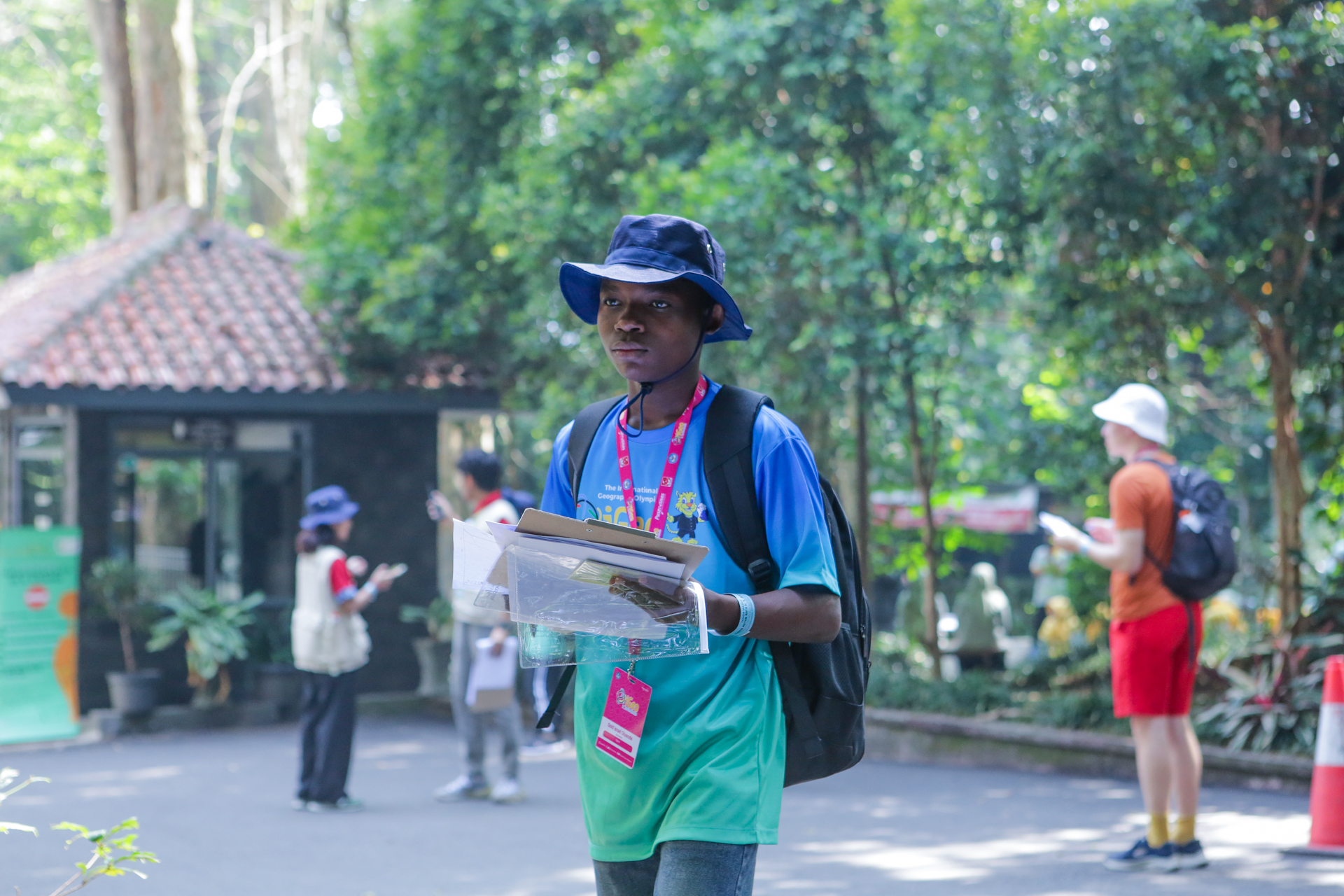The study of geography is about more than just memorizing places on a map. It’s about understanding the complexity of our world, appreciating the diversity of cultures that exists across continents. And in the end, it’s about using all that knowledge to help bridge divides and bring people together.
-Former US President Barack Obama
The Importance of Geographic Literacy
As a Commission of the International Geographical Union, iGeo is committed to promoting excellence in geographic education and to helping young people to discover the powerful relevance of geographic and geospatial literacy to global citizenship and understanding of the interdependent nature of our world.
Citizenship education is an important component of school curricula throughout the world. Although every disciplinary area has a role to play in citizenship education, geography provides an especially relevant context in which to develop the skills, knowledge, values and attitudes fundamental to the creation of an informed, active, and engaged global citizen.

The application of geographic thinking and inquiry encourages students to investigate the world by asking:

Through studying geography, students begin to understand how places and landscapes are formed, how people and environments interact, how a diverse range of cultures and societies exist and interconnect, and the consequences that arise from our everyday decisions. Geography is a discipline that encourages young people to build on their own experiences, helping them to formulate questions, develop their intellectual skills and find answers to issues affecting their lives. It introduces them to distinctive investigative tools such as maps, fieldwork and the use of powerful geotechnologies like GIS, GPS and remote sensing. It opens their eyes to the beauty and wonder around them and acts as a source of inspiration and creativity.
More than this, a strong grounding in geography allows students to address the challenges of creating a more sustainable and equitable world; to explore issues involving a broad range of topics including economic disparities, threats to the environment, globalization, human rights and quality of life; to acknowledge worldviews that value diversity and social justice; and to analyze government policies, international agreements and individual rights and responsibilities relating to them. It takes them beyond the initial phrase: What is where? Why there? Why care? and pushes the inquiry one step further as students ask themselves:
As students develop an understanding of their fundamental connections to each other and to the world, they begin to move from awareness to action and to think critically, feel deeply, and act wisely as responsible global citizens and environmental stewards.
Today’s students will shape the world of tomorrow. As geography educators, the members of the iGeo Steering Committee feel it is their responsibility to make sure students are prepared and consequently ready and able to undertake their roles as citizens of their countries, and of the global community.
Geographically literate students are better prepared to face global challenges and have the skills necessary to become catalysts for change. The International Geography Olympiad represents an ongoing commitment to improve and strengthen geographic literacy throughout the world and to ignite a passion for lifelong learning for future generations so that they may become effective agents of change.



